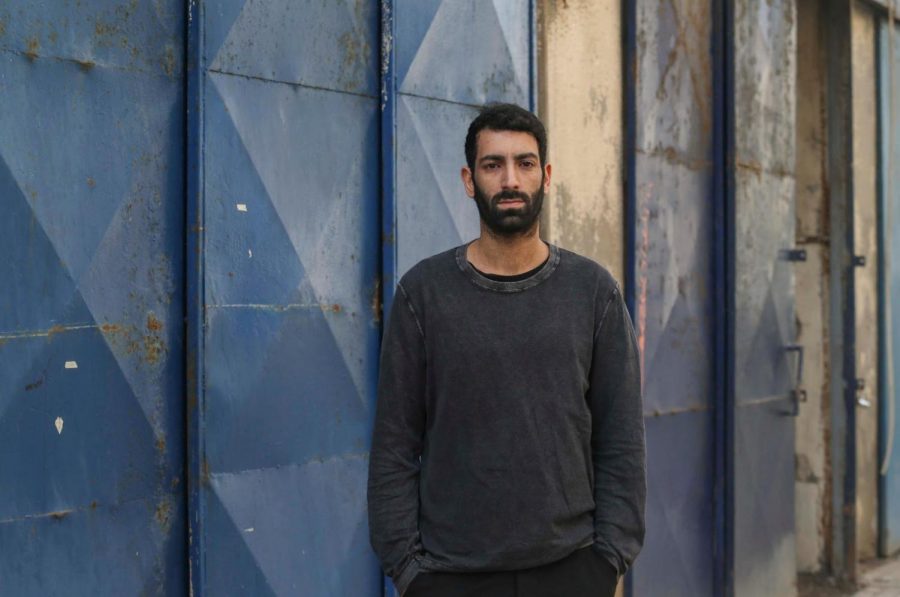Q&A: Director Tomer Shushan talks Oscar-nominated short film “White Eye”
March 26, 2021
Director Tomer Shushan centers the narrative around immigrants living in Israel in his Oscar-nominated short film “White Eye.”
The film, which is nominated for an Academy Award this year for Best Live-Action Short, follows one man’s journey to get his stolen bike back. On his quest to retreive the bike, he enlists help from strangers and police and then inadvertently threatens the livelihood of an undocumented immigrant.
Filmed in Israel, the 20-minute single-take short received the Short Film Grand Jury Award for a narrative short, an Oscar-qualifying award, at South By Southwest 2020 and Urbanworld Film Festival in 2020.
Shushan talked to The Daily Texan about how his film has been received by American audiences and how he shot a film all in one take.
The Daily Texan: Your film deals heavily with how immigrants are treated by police and government. How do you think your film ties with American immigration, and why have audiences here resonated so much with your film?
Tomer Shushan: No one can understand what it is to be a person that is (undocumented) or is foreign. No one can see them in the streets, where they live (or) where they work. It’s just an image of a foreign thing and people don’t see the human side. I feel that this (lack of understanding) can make those people very frustrated … The authorities, the government and the society puts those people (at) the bottom.
DT: You shot the film all in one take, meaning there are no cuts in this film. What was it like using this technique for “White Eye,” and why did you decide to do it?
TS: I really wanted to create this (connection) with the audience and the main character. The main character is a person that (bases) his actions (on) his instinct, and he never stops to think about (right) or wrong, and I felt the camera shouldn’t stop (either). The most important thing is to control the rhythm of the story. And if you make a one shot film, which is a big decision, you need to justify it. You can’t have empty moments where people will say, “Cut it and let’s move on,” you need to ask yourself why you’re doing (this). And when you have the answer, you just need to adapt the story to a one-shot scene. Building this formula (was) a huge puzzle that was very hard to build. At the end of it, you feel very satisfied.
DT: How do you think your career as a filmmaker will be impacted if you win an Academy Award?
TS: The Oscar campaign is only doing good (things) for me, and I’m getting a lot of offers and a lot of deals. It’s really an amazing moment to be (nominated for an Oscar). It’s something that you dream (of) when you’re a child. And now I’m so close to (my dream) … I’m super grateful for the journey I (have had) with this film so far.
Editor’s Note: This article first appeared in the March 26 issue of The Daily Texan.











